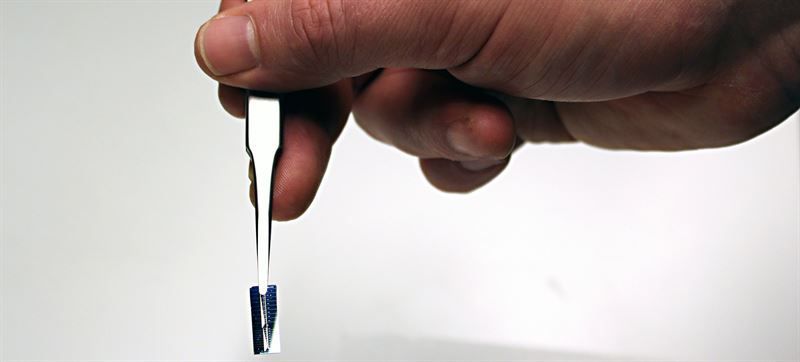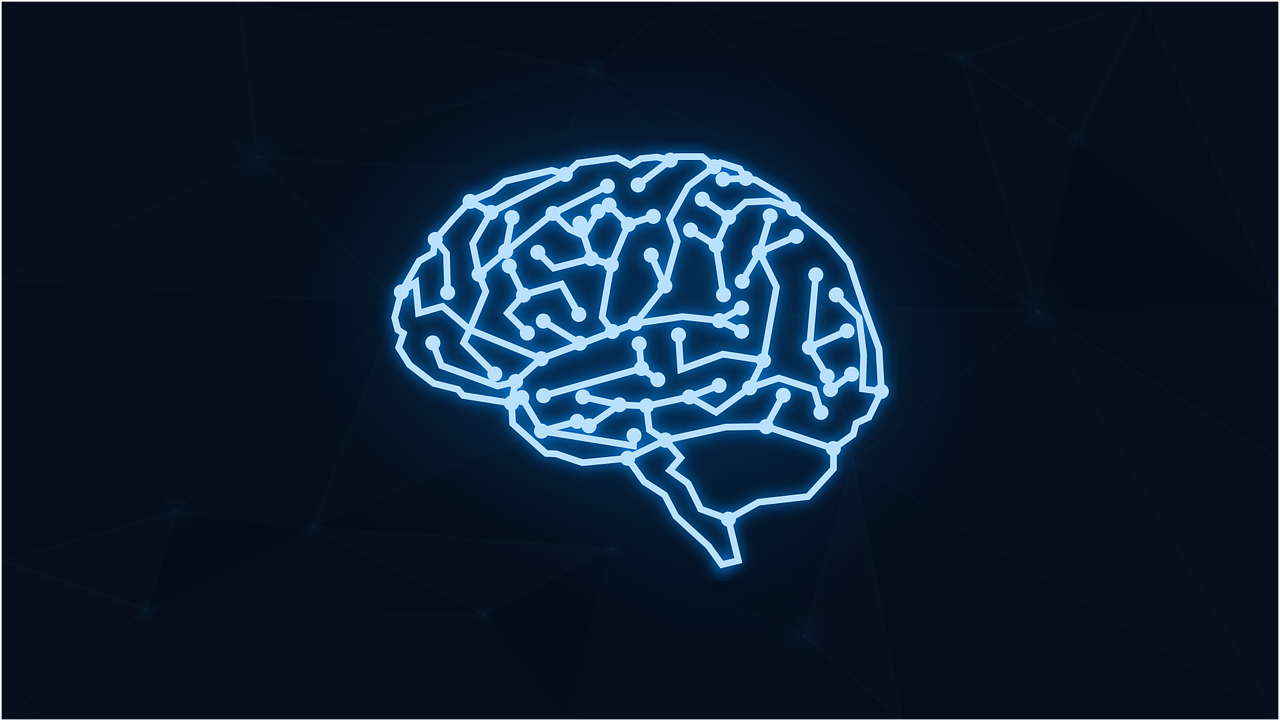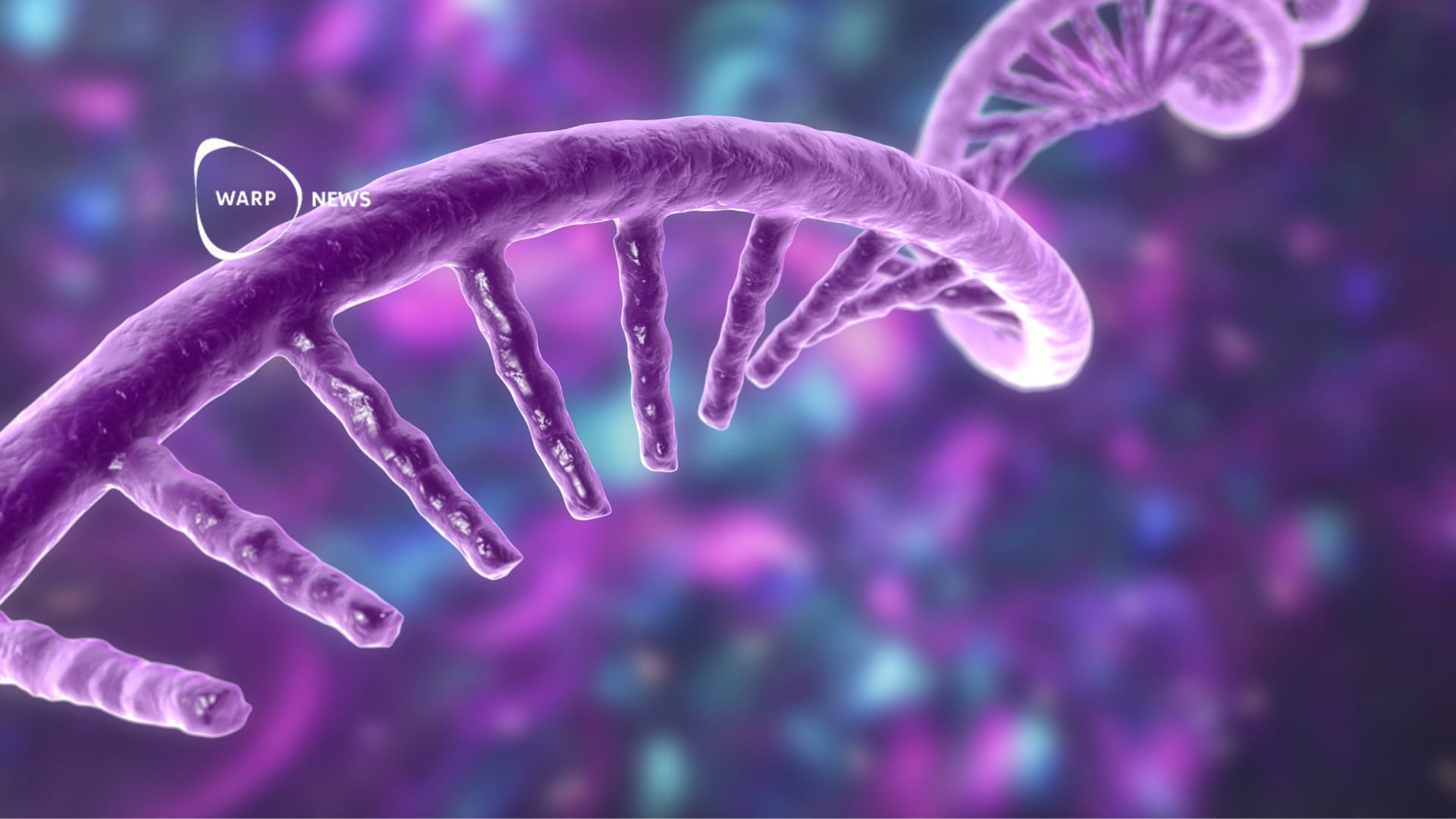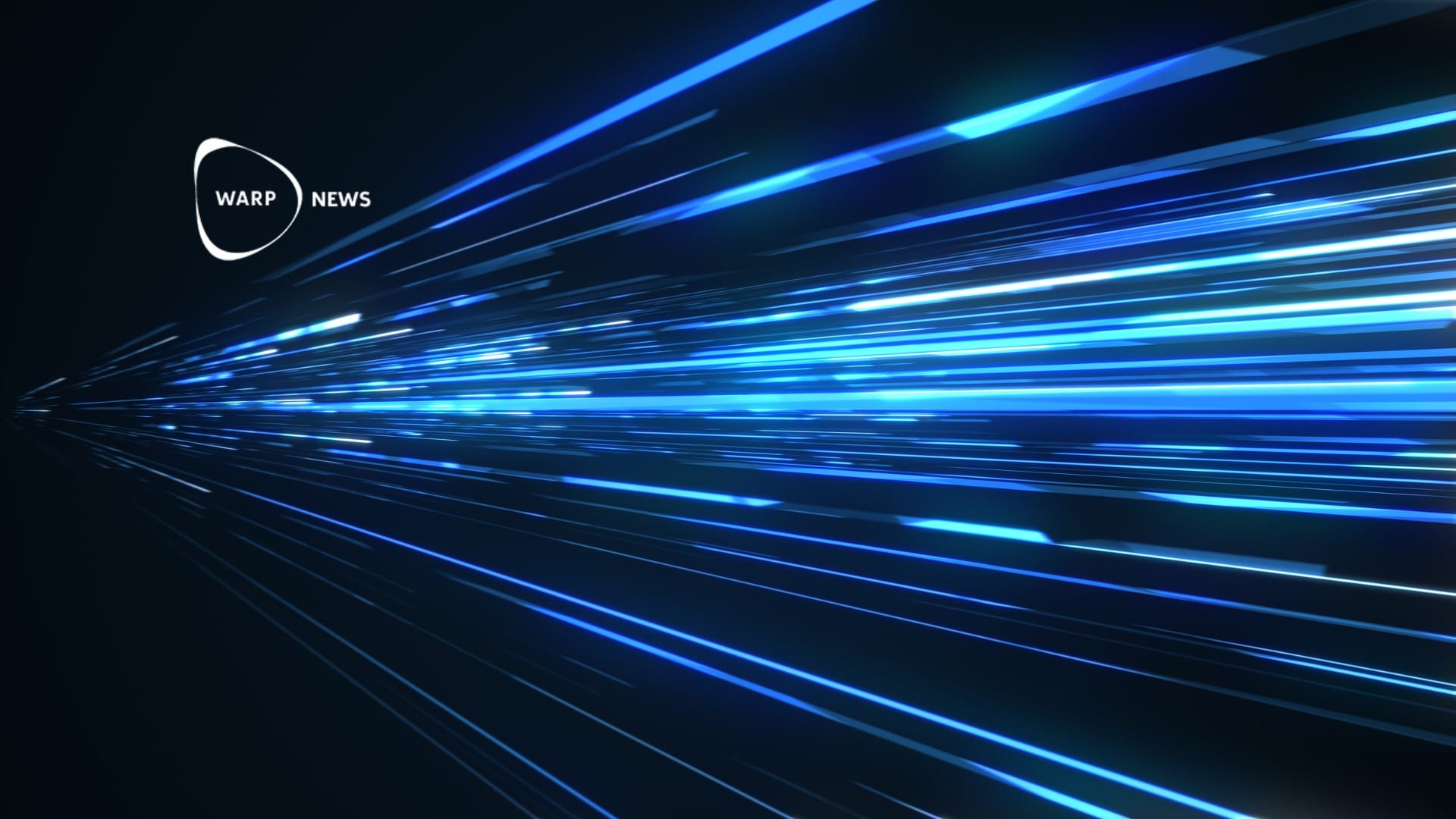
💻 New chip breaks world record in data transmission
A new optical chip can transfer twice as much data with a single laser as the entire internet can currently handle.
Share this story!
A research group from Chalmers and the Technical University of Denmark, DTU, has developed an optical chip that can transmit 1.8 petabits of data per second.
One petabit is equivalent to 1 million gigabits and 1.8 petabits of data per second is twice as much as we send on the entire internet per second today.
And that's just the beginning. In the future, the researchers hope to be able to develop the chip so that it can handle speeds of up to 100 petabits per second.
Simply put, the technology works by the chip and laser creating a rainbow spectrum of colors or frequencies. Each color has the ability to be isolated and provided with data. The colors can then be put back together and sent over an optical fiber to transmit the information.
The researchers have managed to do this with a single laser that generates the light. The colors in the light are then translated into data by the chip. To achieve similar speeds with today's equipment would require over 1,000 lasers. Being able to reduce the number of lasers needed to send data would bring great benefits.
"In other words, our solution offers the potential to replace hundreds of thousands of the lasers found in internet hubs and data centers, all of which drain power and generate heat. We have an opportunity to contribute to an internet that leaves a smaller imprint on the climate," says Leif Katsuo Oxenløwe, director of the Center of Excellence for Silicon Photonics for Optical Communications at DTU and one of the researchers behind the chip, in a press release.


By becoming a premium supporter, you help in the creation and sharing of fact-based optimistic news all over the world.



